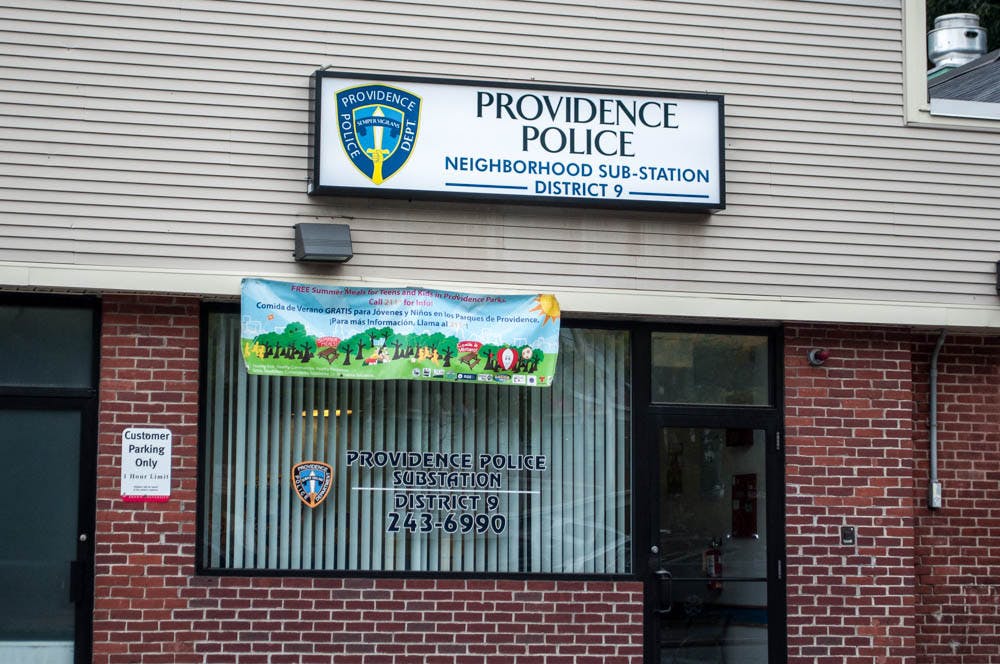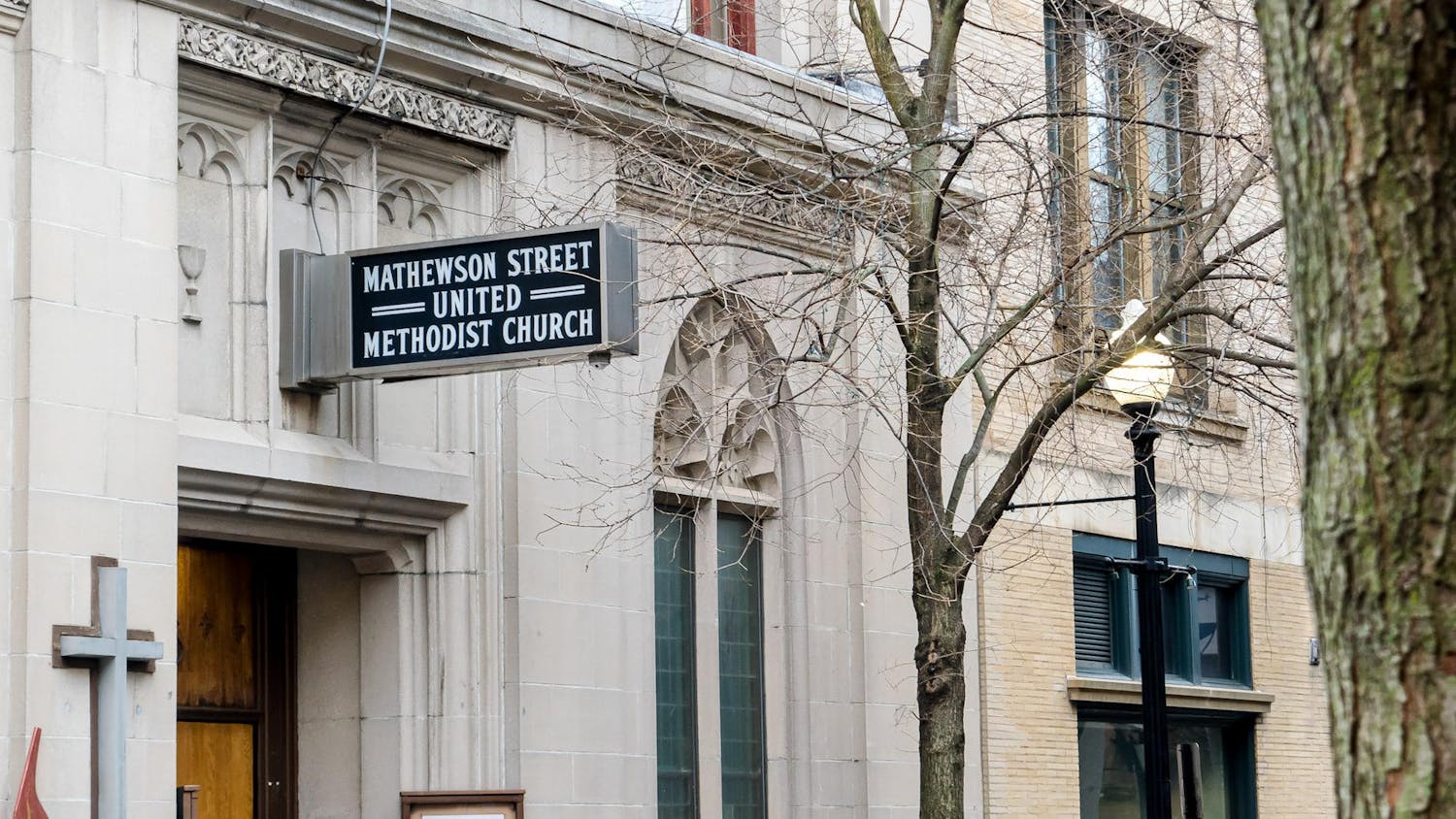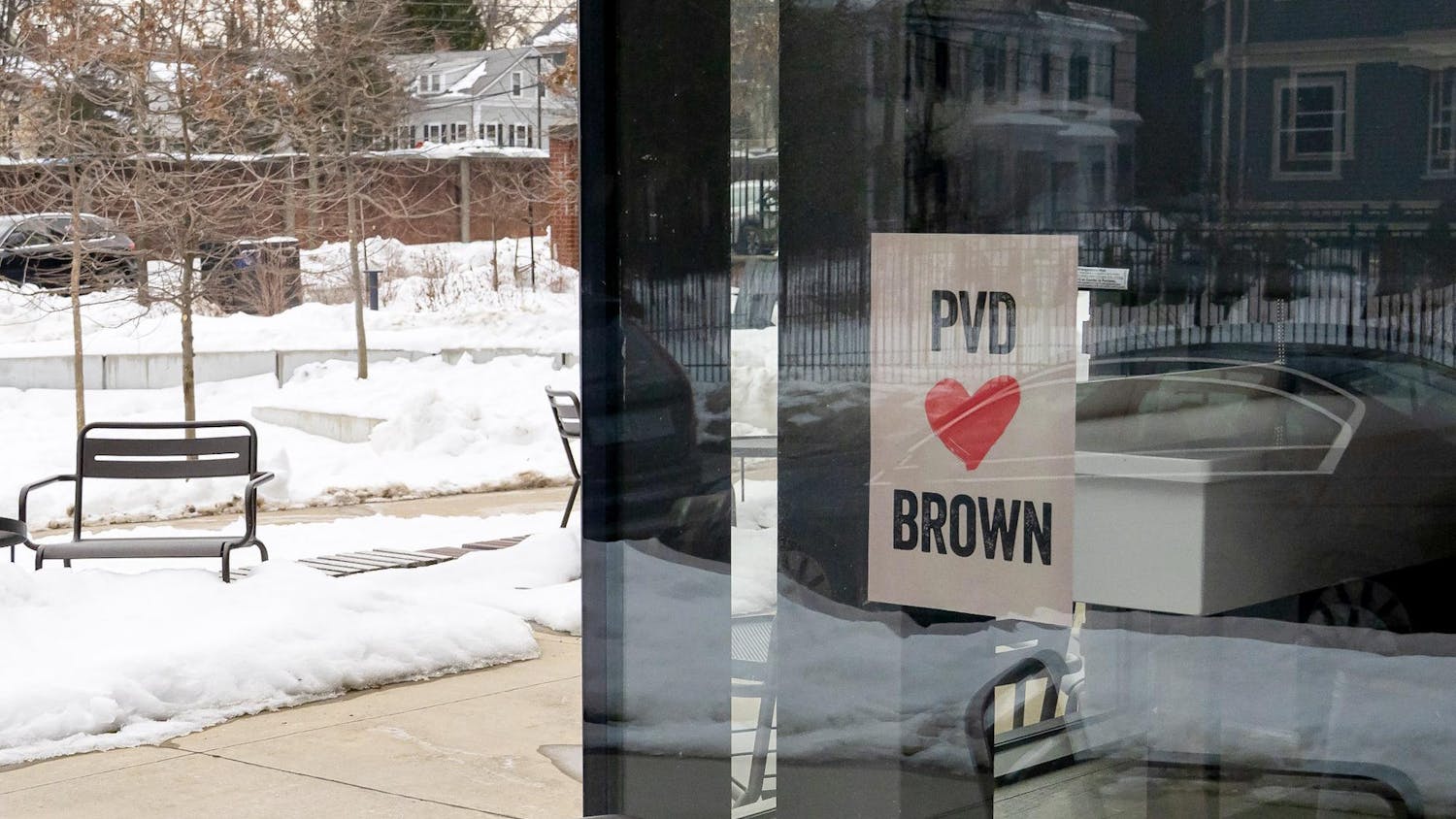The city of Providence has won a $375,000 federal matching grant for body cameras for the city’s police force, according to a Sept. 26 press release from the Department of Justice.
The city must appropriate the funds to match the grant in order to outfit the entirety of the police force, said Providence Police Department Public Information Officer Lindsey Lague.
“We are still looking to secure further funding,” Lague said.
The city of Providence completed a pilot program to test cameras with companies Taser and VIEVU, Crowell said. The official provider will be chosen after the city evaluates the various bids it receives in response to a request for proposal.
The chosen provider usually offers the cheapest proposal with the highest quality, said Emily Crowell, a spokesperson for the mayor’s office. The city will evaluate not only the cost and quality of the cameras provided by each bidder, but also the cost of officer training and video data storage.
“Our officers are open to the body cameras, and for the most part the members of the force want the cameras,” Lague said.
The city’s grant application was based on the success of body camera programs around the country, Crowell said, referencing a study in the Journal of Quantitative Criminology. “Researchers found that when officers began wearing body cameras, use of force by officers dropped by 59 percent, and complaints against officers dropped by 87 percent,” she said. “It’s a win-win both for our officers and for the community.”
“There’s no real major concerns,” said Sergeant Robert Boehm, president of the local Fraternal Order of Police. “We did do a pilot program,” he said. “We need to make sure that any of the problems or questions that were brought up are answered,” including “when to turn the camera on, when to have it off, who can tell us to (and) who can tell us not to.”
Boehm added that the FOP is concerned the general public will view camera footage and make uninformed judgements, though the FOP is not against the body cameras.
The existing body camera policy affords officers some flexibility about when they must use the cameras in specific situations. According to the policy, which was obtained by The Herald, officers in certain scenarios are allowed to evaluate a scene before activating the camera. The policy also prevents recordings in specific scenarios, including those which involve victims of sex or child abuse.
A statement released by the American Civil Liberties Union of Rhode Island stated that “while body cameras can benefit the public and law enforcement by bringing much-needed transparency to policing, the policy we understand is currently in use … will serve only to shroud body camera footage in secrecy.” The statement went on to detail the ACLU’s stance on the Providence Police’s current policy: “Under this policy, police have broad discretion in when to turn the cameras on and off, allowing for law enforcement to choose to turn body cameras on after an incident has commenced and the body cameras can no longer shed much-needed light on a situation.”
When asked about the ACLU’s concerns, Lague said “we are an open and transparent police department, committed to our community policing policy. We will continue to work with the community as well as the ACLU going forward with this program.”
A representative of the ACLU did not respond to multiple requests for comment.





